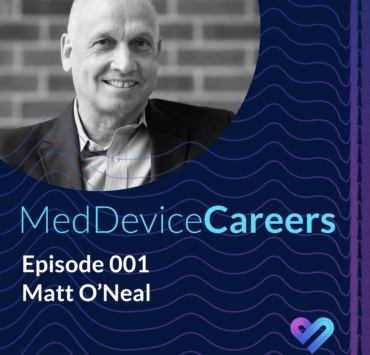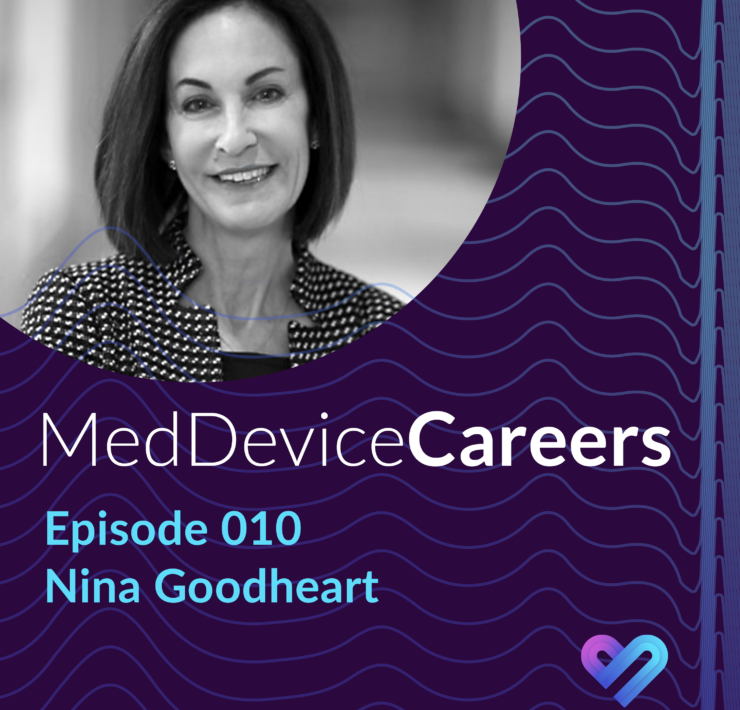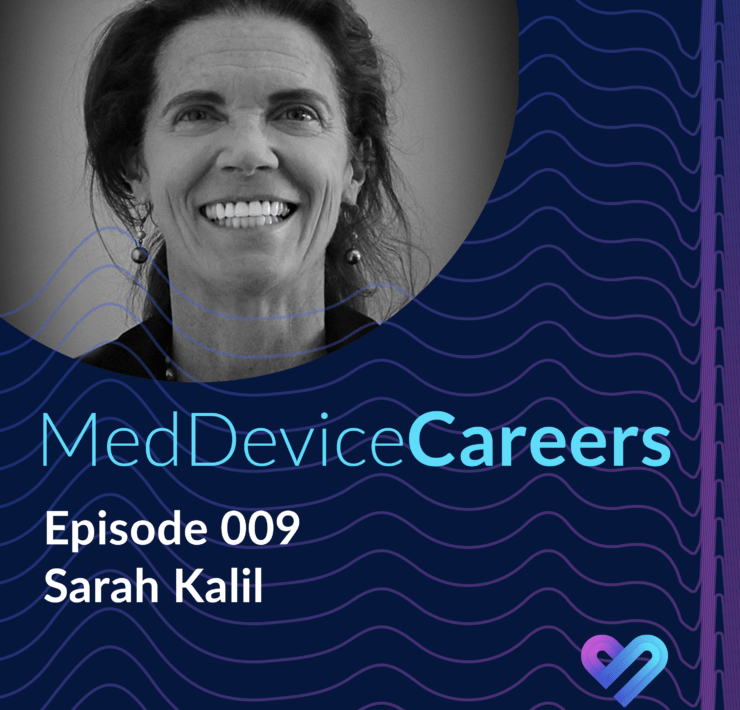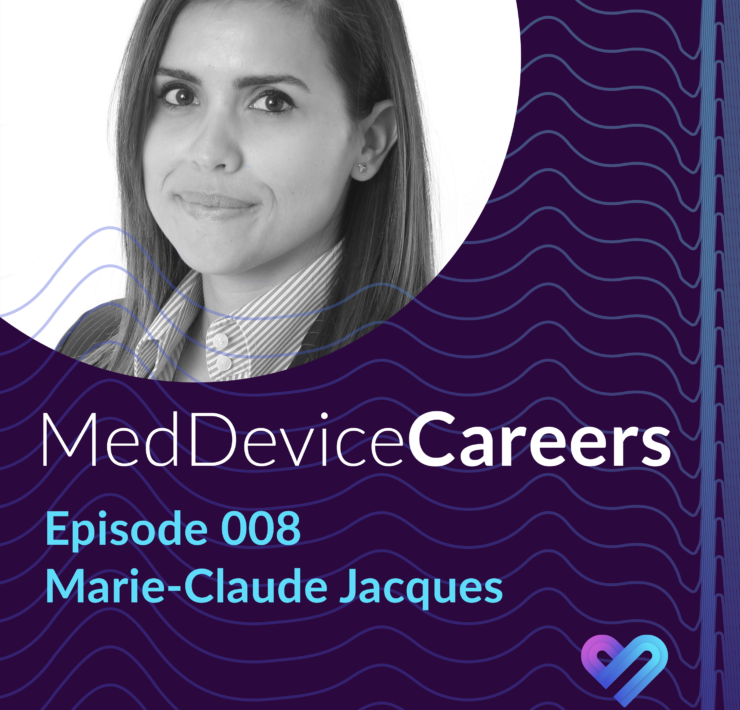Health Science Degree – What’s next? Health or science degrees offer great learning opportunities for individuals interested in breaking into healthcare or related fields. Some such degrees include kinesiology, health sciences, biomedical sciences, biology, chemistry, nursing, etc.
While colleges and universities in the U.S. prepare and focus on traditional careers such as medical doctors, physician assistants, nursing and physical therapy, there are very few institutions that strive to create awareness of more opportunities to their students. Technologies have advanced tremendously, and the medical industry has expanded to offer many more highly satisfying and lucrative careers. One such career is that of a clinical specialist (also referred to as a medical device specialist or medical device sales specialist).
The medical device industry is growing at a very fast pace and there is a growing need for highly clinical and technical oriented professionals to engage with the medical professionals and patients to provide product and procedural expertise during surgeries or in outpatient settings. With your health and sciences degrees, you will be able to learn required skillset – both clinical and technical – and directly impact patients’ lives.
Clinical specialist careers exist both within the medical device industry as well as the hospitals and healthcare systems. The role of a clinical specialist exists in many areas of specialty, providing plenty of career opportunities in cardiac rhythm management, electrophysiology, structural heart, interventional cardiology as well as many other related medical specialities such as neuromodulation and sleep apnea. Some clinical specialists may choose to move from one speciality to another, or to move on to clinical management, clinical engineering, or sales roles. It is highly unusual for anyone in this career space to skip the clinical specialist role to go directly into a sales role, for example. Clinical experience and expertise is required.
You may start exploring these careers by possibly shadowing clinical specialists or sales representatives and learning more about their day-to-day responsibilities. While doing this is a challenge due to HIPAA rules and regulations, you may be able to work closely with your contacts or join a cardiology office/clinic as a volunteer and learn more about these roles. The other option is to look for occupational training programs. Do your research on the career and see how your knowledge or qualities you have help you succeed in this field.







